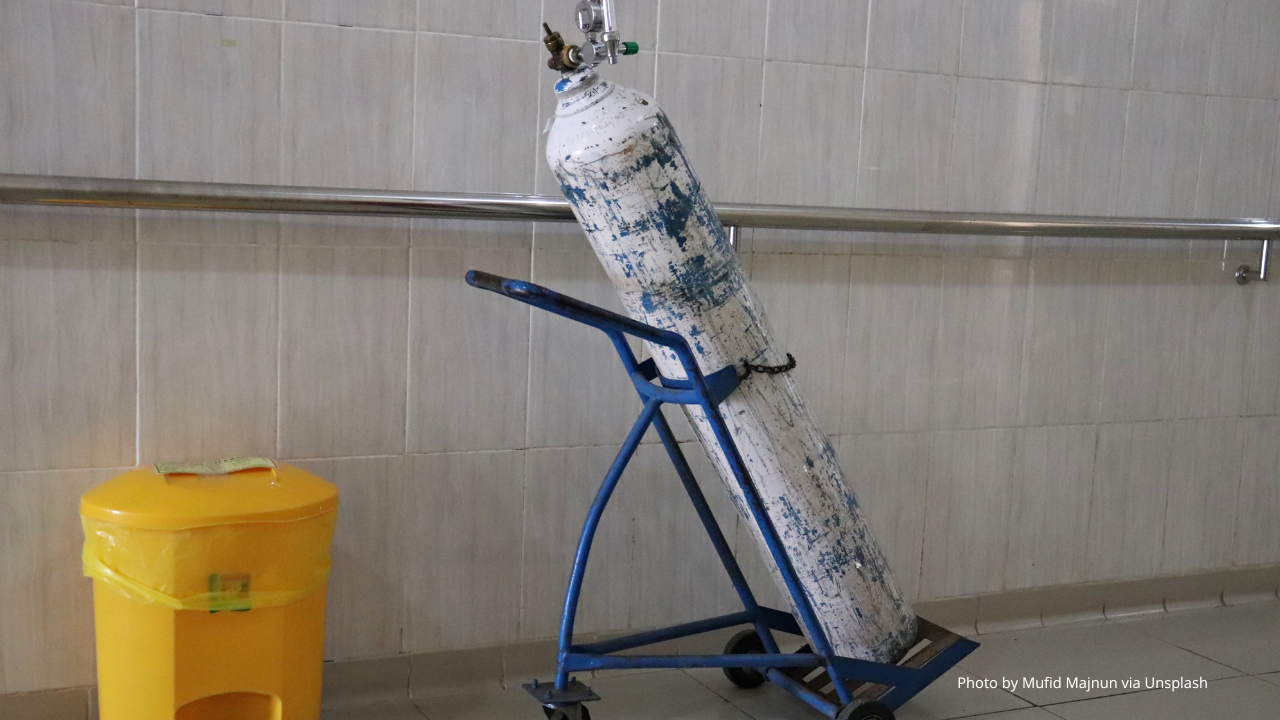
Communicators Require New Approaches to Build Trust in Science and Public Health
January 25, 2023
By Nellie Bristol
COVID GAP
Public health communicators need to change their approaches to ensure that those hesitant about vaccines “will adopt the desirable behavior and feel good about it,” said Michelle Williams, dean of faculty and professor of epidemiology at the Harvard T.H. Chan School of Public Health. She appeared with other panelists January 18 at a World Economic Forum (WEF) roundtable on the State of the Pandemic.
“The worst thing we did in the U.S. was when people expressed hesitancy or curiosity, we basically said to them, ‘follow the science.’ And that’s the absolute wrong thing to do,” Williams said. Instead, communicators need to “take the approach of meeting them where they are,” help them understand the risks and the benefits, and that the scientific process is iterative.
In addition to changing tactics, Williams said, effective communications in a diverse society will require “layers and layers of communicators and different styles and ways of communicating.” She called for investment in “understanding the populations and the communities we’re serving.”
“Reckon with the reasons there’s distrust, and then work collaboratively and respectfully in addressing the appropriate message and messenger to really promote the change,” she added.
Trust in science and public health institutions is considered one of the key pillars of health emergency preparedness. Yet many metrics indicate trust decreased during the COVID-19 pandemic as a result of changing circumstances during a fast moving outbreak, ineffective messaging, and a torrent of misinformation and purposeful disinformation promulgated on social media. Advances are being made in some technological approaches to pandemic preparedness, including quicker, more geographically dispersed vaccine manufacturing. Building trust, especially in politically polarized societies, may be an even more daunting task, but equally important to successful outbreak mitigation.
Another member of the WEF panel, Maria Leptin, President of the European Research Council, said the most effective national vaccination campaigns focused less on getting the public to understand the science of vaccines and more on engaging citizens and building social solidarity toward comprehensive coverage. “The trouble is that many citizens don’t understand the scientific method,” she said. Williams agreed saying “not all of us are math literate. We have to stop professional scientific speak or engage with others who can translate for us.” A 2020 study of COVID-19 public health messaging including web pages, frequently asked questions, and fact sheets showed that most uniformly exceeded recommended reading levels for materials aimed at the general public.
Gavi CEO Seth Berkley agreed that public health communicators need to do a better job of answering legitimate concerns, but also noted the role intentional disinformation plays in hampering emergency response. “The U.S. and U.K. scored the highest in the world in terms of being prepared. And yet if you look at what actually happened, a third of Americans aren’t vaccinated and two thirds aren’t boosted. This is not about the preparedness that existed. It’s about the political climate and misinformation that was spread,” he said. He added that vaccine hesitancy remains largely a phenomenon of the developed world and that also is where most of the disinformation originates. “Rumor spreads literally at the speed of light,” he said, and “goes straight to the rest of the world,” influencing local communicators everywhere.
Part of panelists’ recommendations for improving trust included facilitating more engagement between journalists and scientists so the media can become adept at communicating complex scientific messages. Promoting media education is especially important in an age when high level expertise is lacking at many outlets. “We stopped investing in health journalists—those jobs are disappearing—so a sports journalist was covering the pandemic and that made it even more necessary for us to engage,” Williams said.
Rebuilding trust in public institutions and developing effective responses for mis- and disinformation have become major concerns throughout global health institutions and a number of efforts are under way to address them. Among those is a WHO Webinar Series on Trust and Pandemic Preparedness beginning January 25 and a January 26 Duke Global Health Institute discussion focused on developing a roadmap for improving trust in public health.
One panelist featured at the Duke event is Jack Leslie, who is joining the Global Health Institute (DGHI) as a Senior Visiting fellow and the Duke-Margolis Center for Health Policy as a Visiting Fellow. A long-time communications expert with deep experience in development, humanitarian assistance, and global health, Leslie will build on work he began at the Rockefeller Foundation’s Bellagio Center Residency to identify and prioritize specific actions intended to enhance trust with a focus on communities, communication, and competence. These focus areas will serve as the building blocks for a larger global initiative to strengthen trust in public health.
“I’m delighted to join Duke in efforts to build greater trust in public health,” said Leslie. “Trust in all institutions has been on the decline for some time, and trust in public health has been significantly undermined during the COVID-19 pandemic. DGHI and the Margolis Center are leaders in global health and health policy, and can harness the resources and talent needed to address this important issue.”

